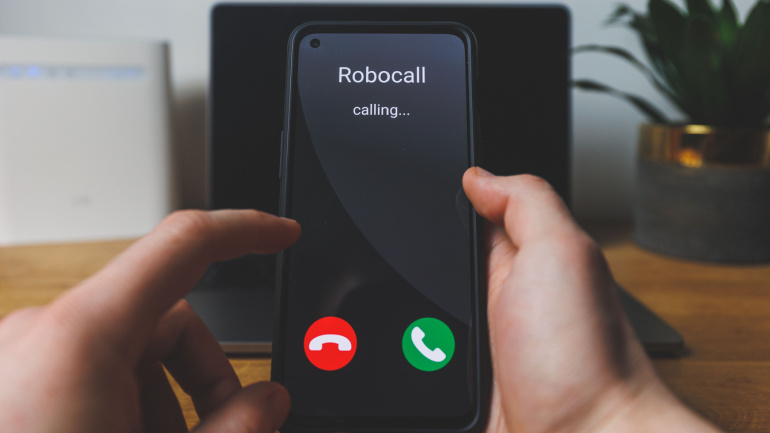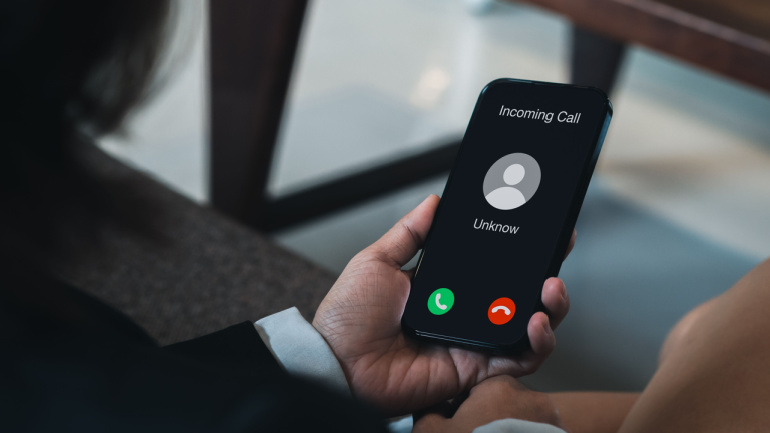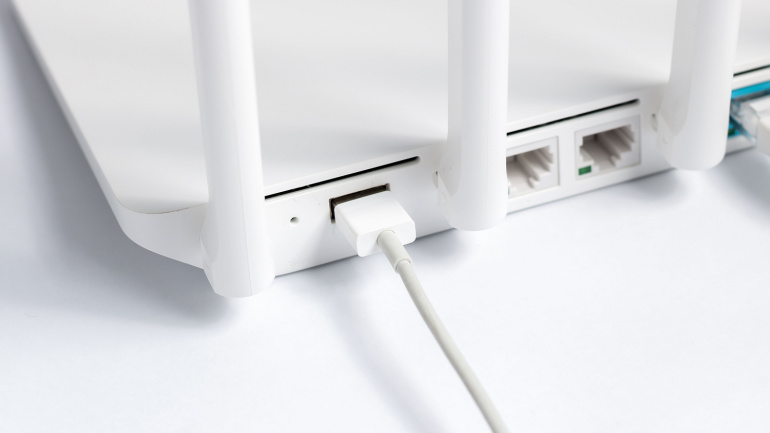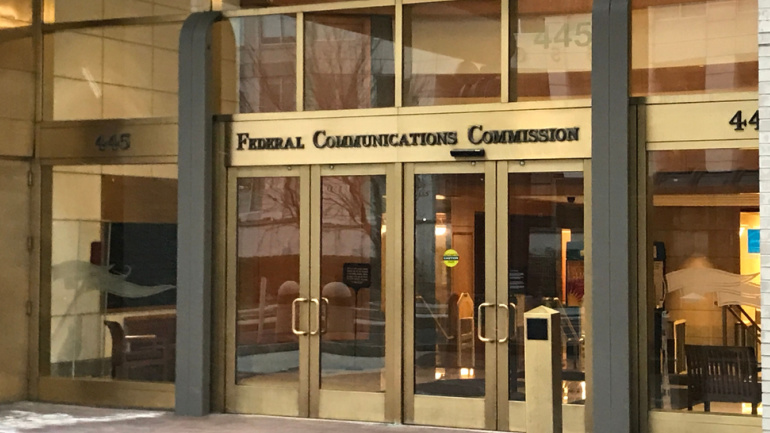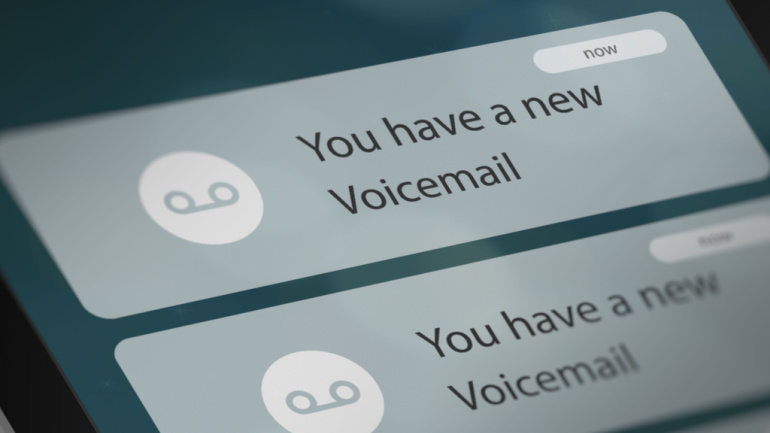As the Federal Communications Commission refocuses on airway ownership, the conversation around midband spectrum control heats up. Telecom leaders differ: AT&T calls for a review of midband acquisitions, while T-Mobile criticizes this as self-serving. Dish joins the debate, advocating a 25% national screen to encourage competition. Amid conflicting viewpoints, the FCC must forge a path in balancing market sense and fairness.
In an effort to address the growing concern of AI-powered robocalls, the Federal Communications Commission (FCC) is set to vote on a Notice of Inquiry, proposed by Chairwoman Jessica Rosenworcel. The inquiry aims to examine how existing consumer protections, particularly the Telephone Consumer Protection Act, can combat scammers and spammers using AI technology.
The FCC has set the wheels in motion to reinstate open internet protections, sparking dynamic public conversations around net neutrality. They aim to frame both fixed and mobile broadband as imperative telecommunication services by the Communications Act. This move could effectively address the recurring issue of broadband outages impacting significant sectors like jobs, education, healthcare, safety, and more. However, the proposal doesn’t stop there, it also plans to ensure stringent nationwide open internet regulations to prevent ISPs from manipulating content accessibility based on payment.
The Federal Communications Commission (FCC) has set its sights on reshaping the allocation of approximately $9 billion earmarked for rural 5G expansion. FCC Chairwoman Jessica Rosenworcel announced the move, emphasizing the need to bridge the digital divide across underserved areas of the United States.
In a groundbreaking move against the scourge of robocallers, the Federal Communications Commission (FCC) has announced a historic forfeiture of $300 million, showcasing their unwavering commitment to tackling the issue head-on. However, the question of when this record penalty will actually be paid remains an uncertainty.
The Federal Communications Commission (FCC) has announced the introduction of a new set of rules aimed at protecting consumers from scams that attempt to take control of their cell phone accounts. FCC Chair Jessica Rosenworcel stated that these rules will ensure individuals maintain their freedom to choose their preferred device and provider while safeguarding them against fraudulent activities.
The FCC’s recent proposal for shared access of the 42 GHz band could revolutionize the telecom industry by introducing new service providers and business models. With mixed reactions, the proposed sharing mechanism aims to prevent interference and encourage competition, potentially attracting companies like Amazon to the mmWave spectrum.
President Biden nominates experienced telco lawyer Anna Gomez for FCC Commissioner, promising a fresh start for modern communication and bridging the digital divide, after a prolonged appointment process.
According to the Federal Communications Commission, callers must receive the recipient’s permission before leaving “ringless voicemails.” The Federal Communications Commission (FCC) has unanimously concluded that these quiet voicemails are subject to the same Telephone Consumer Protection Act (TCPA) provisions that prohibit robocalls without authorization. Each year, the FCC receives numerous consumer complaints about ringless voicemail. As a result, the Commission has made it clear that robocalls, including ringless voicemail, are unlawful if they are made without the recipient’s prior affirmative consent. This decision took effect on the same day that it was made public, November 21, 2022. Any non-emergency call made to a wireless telephone number utilizing an automatic telephone dialing system or an artificial or prerecorded voice is now forbidden under the Telephone Consumer Protection Act, which safeguards customers against unwanted robocalls. This decision comes five years after All About the Message, LLC (AATM) petitioned the…




